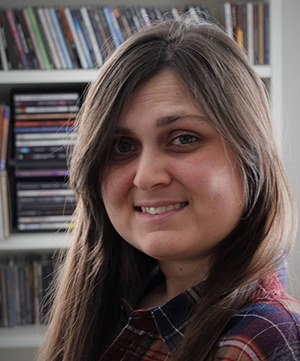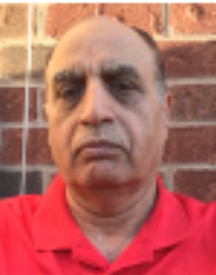Classifying Holes, Voids, Negative Objects and Nothing and Quantum Computing
In the fields of Urban Search and Rescue (USAR), Search and Rescue (SAR) and autonomous travel, understanding the entirety of the environment is an asset and most times a requirement. For example, in USAR, it is in the spaces between objects within a rubble pile, which are a type of negative objects, where trapped people can be found and where structural instabilities are located. While most research focuses on classifying positive objects, we work to build a framework to understand negative objects and a set of standardized terminology to discuss and classify them. This presentation will discuss the necessity for creating a lexicon for negative objects, exhibit applications of negative object research, and suggest a starting point for vocabulary to reduce ambiguity around classes of negative objects.
Furthermore, we aim to spark a discussion about negative object research and suggest a starting point for a novel research area.
Quantum computing is one of the emerging technologies for the future. Quantum computing is based on the principles of quantum mechanics and fuses beautifully with computer science. It is often in the news when computing supremacy is discussed. Governments and big technology companies like, IBM, Google, Microsoft, Intel, etc. along with private partners, are heavily investing in this technology. Quantum mechanics is based on counterintuitive properties like superposition, entanglement, and interference that make it different from classical computing. It is expected to outperform classical computing in certain areas of applications, like medical science, computer science, and cryptography, to name a few. In this talk, we will discuss the fundamentals of quantum computing with an introduction to the principle/properties of quantum
mechanics, its usefulness for representing information, and what operations can be performed on the information represented by Qubits. While quantum gates, the fundamental information processing units of quantum computing are based on mathematical constructs from Linear Algebra and Probability, classical computing is based on Boolean Algebra and Logics gates. A number of possibilities for representing and processing quantum information are much larger than classical computing – hence the promise of larger computer power of quantum computing.
Date and Time
Location
Hosts
Registration
-
 Add Event to Calendar
Add Event to Calendar
Loading virtual attendance info...
Speakers
 Katrina Hooper
Katrina Hooper
Biography:
Katrina is in her final year in her Computer Science Masters at Ryerson University. She holds an Honors BSc. from the University of Toronto with a specialist in Physics and a minor in Mathematics. Her interests are in the development of negative object research and imitation learning for chess engines. Under the supervision of Dr. Alex Ferworn, she works to build a lexicon and a classifier for negative objects.
 javaid Iqbal Zahid
javaid Iqbal Zahid
Biography:
Mr. Javaid Iqbal Zahid is currently a PhD student in Department of Computer Science, Ryerson University, and is supervised by Dr. Alex Ferworn. Mr. Javaid holds Bachelor of Science degree in Telecommunication Engineering and Master of Science degree in Electrical Engineering, specializing in Communications and Computing. Additionally, he obtained advanced training in
Cryptology and Wireless communications. Inspired by Dr. Claude E. Shannon, he has special interest in information theory, cryptography. He has been involved in deployment and operations of data networks and datacenters for a large government organization. He has also been acting as chief information security officer (CISO). At Ryerson, he is currently conducting research in quantum computing with special attention in quantum cryptography. He is member of IEEE Computer, Communication, and Information Theory Societies.

